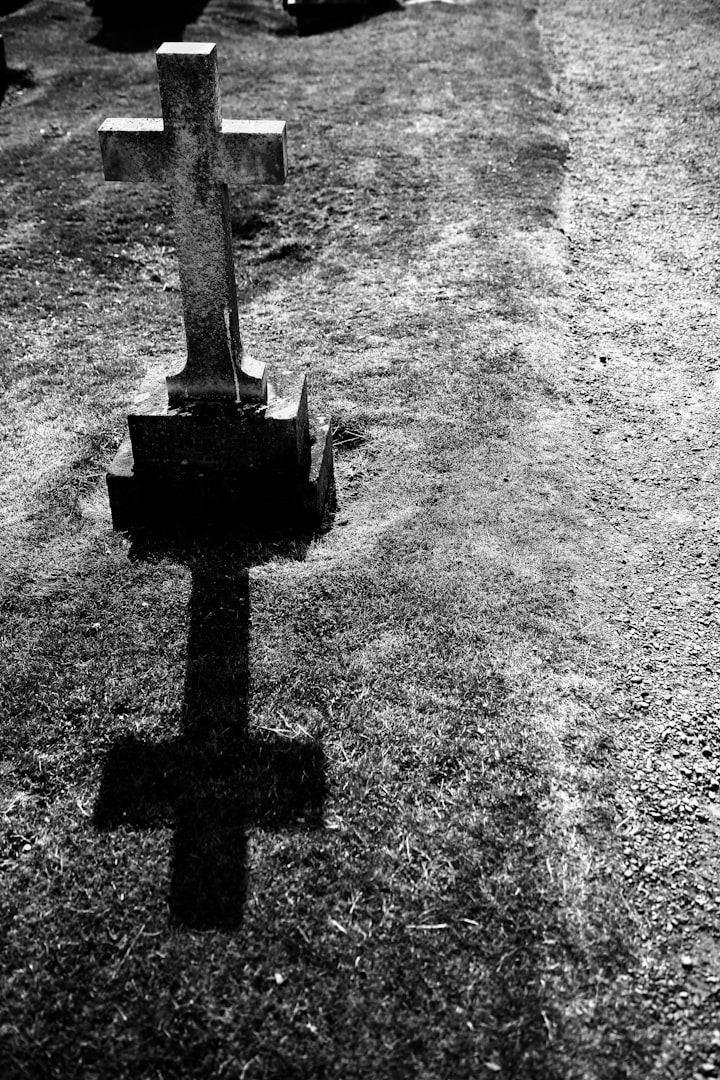Exploring Life After Death
Unraveling the Mystery of the Afterlife and Its Implications on Human Existence
Life after death is a topic that has intrigued and fascinated humanity for centuries. It explores the possibility of an existence beyond our physical bodies, beyond the realm of the living. While there is no definitive proof or scientific consensus on what happens after we die, various philosophical, religious, and spiritual beliefs offer different perspectives on the concept of an afterlife. This essay will delve into the diverse ideas surrounding life after death, examining religious views, near-death experiences, and the implications of an afterlife on our understanding of existence.
Religious traditions and their respective scriptures often provide frameworks for understanding life after death. Many belief systems, such as Christianity, Islam, Judaism, Hinduism, and Buddhism, assert the existence of an afterlife. For instance, in Christianity, the concept of heaven, hell, and purgatory is central to the belief in life after death. According to Christian teachings, those who lead virtuous lives will be rewarded with eternal bliss in heaven, while those who commit evil deeds may be condemned to hell. Purgatory is considered a temporary state of purification before entering heaven.
Similarly, Islamic beliefs describe a judgment day where individuals' actions during their earthly lives will determine their fate in the afterlife. Muslims believe in the existence of paradise (Jannah) and hellfire (Jahannam), each with varying levels and degrees of reward or punishment based on one's deeds. These religious frameworks offer hope and moral guidance, as they suggest that our actions in this life have consequences beyond the grave.
Near-death experiences (NDEs) have also played a significant role in shaping beliefs about life after death. NDEs occur when a person is close to death or has been revived after being clinically dead. Individuals who have undergone such experiences often report a range of phenomena, including a feeling of peace, encountering a bright light, seeing deceased loved ones, or having an out-of-body experience. While NDEs are subjective and their interpretation varies, they have often been interpreted as evidence of an afterlife.
Those who have had NDEs often describe a sense of being separate from their physical bodies and entering a different realm. These accounts have sparked debates about whether consciousness can exist independently of the body and if NDEs offer glimpses into an afterlife. However, skeptics argue that NDEs could be attributed to physiological and psychological factors such as oxygen deprivation, hallucinations, or the brain's response to trauma. The scientific community remains divided on the interpretation of NDEs, and more research is needed to understand their nature fully.
Exploring the possibility of life after death raises profound questions about the nature of existence and consciousness. If an afterlife exists, what form does it take? Is it a continuation of the individual's identity and memories, or is it a transcendent state of being? The answers to these questions remain elusive, but contemplating life after death encourages us to ponder the meaning and purpose of our lives.
Additionally, the concept of an afterlife can provide solace and comfort in the face of mortality. The idea that death is not the end but rather a transition to another state of being can alleviate the fear and anxiety associated with dying. Belief in an afterlife offers hope that there is something beyond the finite existence we experience in this world.
Moreover, the belief in life after death raises ethical considerations. If our actions in this life have consequences in the afterlife, it encourages us to live morally and strive for virtuous behavior. The prospect of being held accountable for our actions can foster a sense of responsibility and motivate individuals to lead meaningful lives.
However, the belief in an afterlife can also be seen as potentially limiting the significance of our earthly existence. Some argue that the focus on the afterlife can detract from living fully in the present moment and neglecting the importance of this life. It can be argued that the emphasis should be on making the most of our time here and now, rather than solely concerning ourselves with the afterlife.
In conclusion, the concept of life after death is a complex and multifaceted subject, encompassing various religious beliefs, near-death experiences, and philosophical contemplation. While there is no definitive proof or consensus on what happens after we die, exploring the possibilities offers insights into the nature of existence and human consciousness. Whether one believes in an afterlife or not, the contemplation of life after death invites us to reflect on the meaning, purpose, and morality of our lives in the present.






Comments
There are no comments for this story
Be the first to respond and start the conversation.